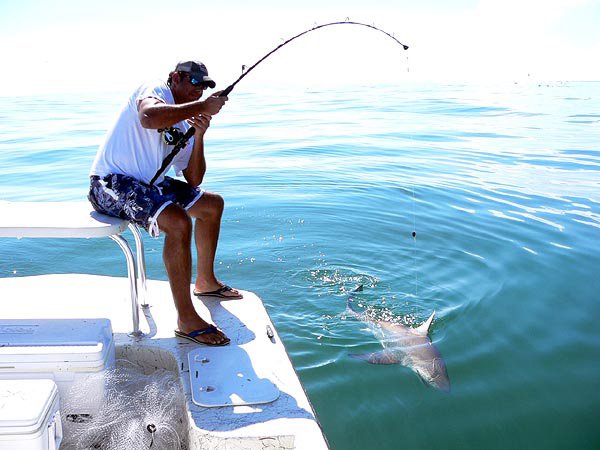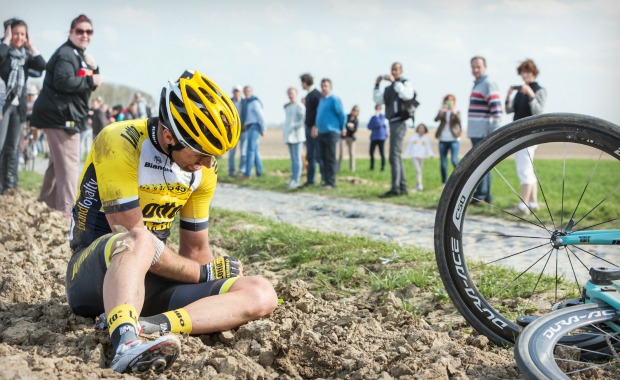Youth hitting help
Question
Hello,
My 12 year old son has been playing travel baseball in south Florida for about 3 years. He loves playing the game. He has a very strong arm, is very athletic, an excellent pitcher, catcher, and can play any position well. The problem is he has never been able to hit the ball well - in games.
He has an excellent swing, does extremely well off T's and soft toss, and hits the ball as hard as anyone on the team. However, when he faces good live pitchers, he seems to forget everything he's learned, or maybe somehow thinks what he works on so much when practicing hitting doesn抰 apply in games(?) Give him an outside fastball, or curve or changeup (90% of the pitches), and he's done. For the 3 years he has been playing travel ball he always has had the worst batting average on the team. His swing is not the problem - it's that when he faces decent pitchers, he loses his fundamentals. He starts moving too early, backs off the plate, pulls his front foot out, gets the long loopy swing, and he cannot put his stride foot back down in the same place. I won't say we've tried EVERYTHING, but we sure have tried a lot of things for 3 straight years. It seems he抯 done every drill in the book regularly over and over, including 搒wing against the fence?drill, soft toss from the side, underhand toss from the front, hitting off the T, live pitching with an L screen, pitching machine, using different instructors, etc., etc.., you name it.
What can he do mentally/physically during at-bats to make him concentrate on fundamentals (ie, shorten his swing) so he can consistently improve his batting average during games?
Thanks,
Jeff
PS: We have our own batting cage, pitching machine, T, etc.
Answer
Jeff, thank you for your question.
It sounds like you and your son have put in the time and effort to build his hitting mechanics. If he has done that much work, one thing he should know, he has the right to have confidence in himself and be able to trust his skills. There should be no doubts.
His mechanics should be happening without thought, which is just where you want to be as a hitter, at any age.
However, no matter how good your mechanics may be, you won't be successful if you put on a blindfold.
I would start by having him ask himself: Am I seeing the ball well?
If his answer is that he isn't, then look at why not?
A couple of possibilities:
1. If he is thinking about his mechanics at the plate, or anything other than the "ball", he will be distracted. Once in the box, the only thought you can have is "ball".
To analyze his at bat, he needs to start with:
a. Am I seeing the ball at the pitcher's release point?
b. Am I tracking it all the way to the plate?
Sometimes players get caught up in everything around them and forget that the most important element in hitting is seeing the ball well. This basic skill has to be a part of every at bat, of every pitch. Without it, all his mechanics never have an opportunity to get used.
If you aren't seeing it, use your next at bat to establish your concentration on the ball. Take the first pitch and track it all the way into the catcher's mitt. You know it is going to be a "take", so you have no other obligation than to see the ball. When you do that, you discipline your mind and eyes.
After the take, step out of the box and tell yourself to "look for the ball and be easy". React to the next pitch as you see it, with a swing or take.
You are now in charge and putting your mind in a position to be successful.
2. Has he ever been hit with a pitch in a game, or is that something that he is concerned about?
I ask because it sounds like in controlled and perceived safe situations, or with pitchers that don't appear to be intimidating, he has done well. Hits well off tees, in drills, live off a coach or adult and a pitching machine. All sounds like it goes well. He believes he will not get hit in those situations.
When he steps in against a live pitcher his age, or a little older, his resulting mechanics sound like he is hurrying to get away from the plate, strides really early, has backed off the plate, steps offline which will take his front shoulder and head with it. At this point he has lost visual contact with the ball, probably as early as at the pitcher's release point.
When all those things happen, it causes the barrel of his bat to drop, creating that slow and loopy swing. If the pitcher happens to hit his bat the results are probably weak ground balls or pop flys.
Ultimately, it comes down to going into each at bat with a plan:
1. Knowing the pitcher's release point before you get in the on deck circle.
2. Using the on deck circle time to evaluate the game situation you may be facing, and what that situation will require of this at bat.
3. When you get to the plate, take a deep breath and exhale to take the tension out of your muscles, and say to yourself the "key" word you use to fine focus, could be ball, easy; any term that sets your focus on the ball.
4. You are looking for a pitch that "you" know you can hit well. You know your strengths and weaknesses better than anyone, play to your strengths until you get two strikes.
On my site at www.theoleballgame.com, there is a page on Fear of Being Hit. If it looks like there may be a concern there for him, there are a set of techniques and drills that allow a player to absorb that inevitable hit, with the least amount of damage.
Learning those techniques provides some confidence that they have a plan. While nothing short of not being hit will eliminate the hurt, it is possible to greatly minimize the effect and allow them to move forward.
I am a believer in the importance of the Mental Game in baseball. I feel it is the separator between players, as well as teams.
I was introduced to a book written by Sports Psychologist Harvey Dorfman, back in 1992. It forever changed the way I approached coaching and athletes. That book is titled The Mental Game of Baseball, A Guide to Peak Performance.
He has since written 2 additional books on specific player skills:
1. The Mental Keys to Hitting. A Handbook of Strategies for Performance Enhancement
2. The Mental ABC's of Pitching, A Handbook for Performance Enhancement
All three books are available through Amazon Books, as well as on my site. From my site, it goes through Amazon, at the same cost.
You cannot go wrong with these books. Mr. Dorfman has "been there, and done that".
I hope this provides you with some places to look at. I would very much be interested in hearing how things are going for you and your son. It would ultimately be easier to contact me through my above mentioned site, either through the, Your Baseball Questions page, (the best way), or Contact Rick page.
It is also possible to continue through All Experts. My site allows me the availability of images to work with.
Good luck to you both as you go forward. It all takes time. The good news is, you both seem willing to work your way through. It is all correctable, just have to figure out what "it" is.
Yours in baseball,
Rick
Yogi Berra once said, "you can't think and hit at the same time." So very true!!
Hitting help
Winning pitcher


